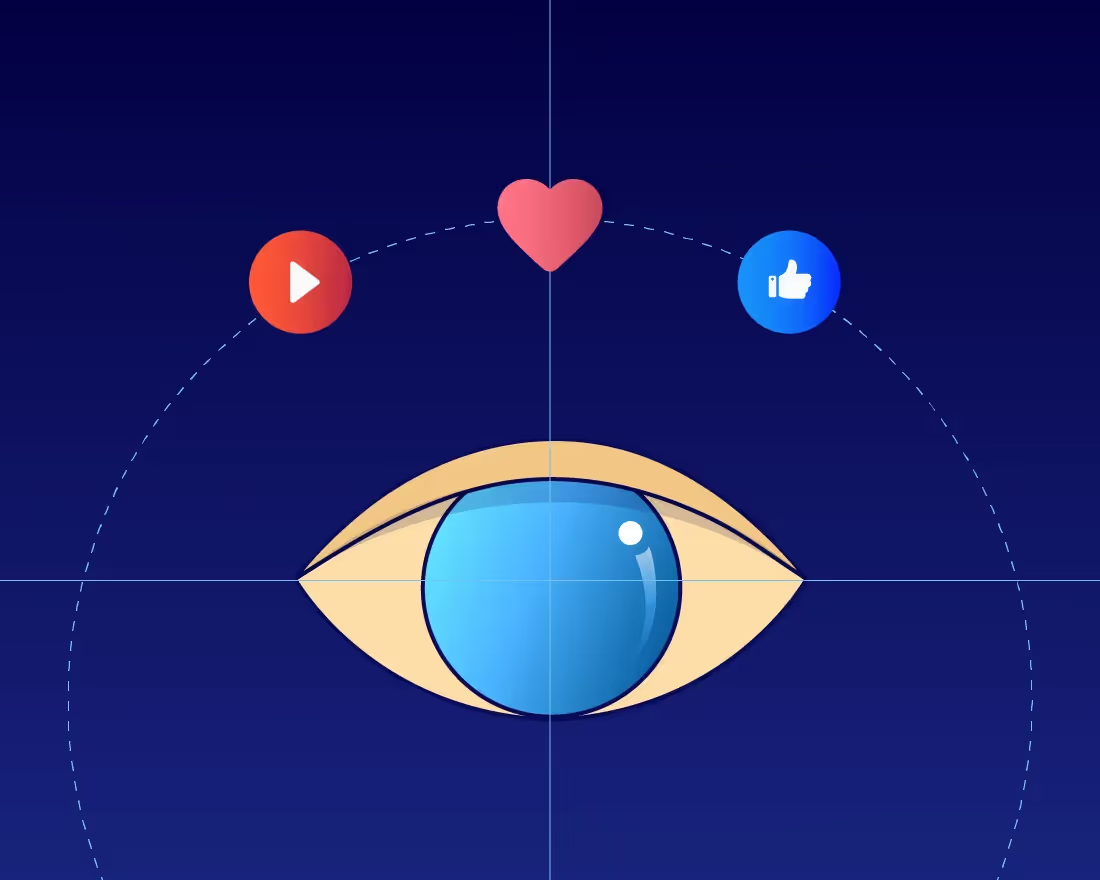
Just as important as a killer presentation deck is an engaged audience. Sure, not everyone in your audience is going to share your passion for the topic, but if the whole audience is checked out your entire presentation is for naught. Believe it or not, 79% of people think that most presentations today suck and we’d be willing to bet an even higher percentage of students dread (giving and receiving) presentations. Those statistics don’t look good when you spend hours designing, preparing, and practicing your presentation for the class.
Like it or not, presentations are a big component of any classroom. They can come in the form of an assignment for a final grade, or be part of the teacher’s curriculum, but most courses at any given level will include presentations of some sort. In the classroom it’s not uncommon that some of the information being presented will be more complex. More specifically, science and math presentations might be harder to nail than a presentation in a communication or English class.
Science isn’t for everyone. On the same coin, scientists might find it challenging to communicate their findings to their peers. Add restless students to the mix and you have a recipe for an inattentive, distracted audience. However, there are ways you can rein in your classmates and grab their attention for even the most complicated topics.
Keep these five science presentation ideas in mind for presenting your next deck to the class.
Know your audience
Are you presenting to your biology class that already has a bit of background knowledge on the topic, or are you presenting a new topic entirely to your peers and fellow students? Either way, your audience should sway how you package up your message. After all, you wouldn’t talk to a room of professors the same way you would to a room full of tired, uninterested 20 year olds. Knowing your audience means knowing how receptive they will be to your presentation, and knowing when you need to pivot to make it more relatable.
Start with a solid story
35% of millennials say they will only engage with content they feel has a great story or theme. Especially when it comes to complex science topics, creating a strong narrative will help your audience follow along with an otherwise confusing subject. Regardless of whether you’re presenting a chemistry experiment, or sharing DNA results, take it one step at a time. Make sure your story has a beginning, middle, and end so that the narrative is clear.
Furthermore, your science presentation topic should boast a story in itself. Did you choose the topic yourself or was it assigned to you? Is it compelling and creative enough to engage your audience? Check out a list of creative college presentation ideas here.

Paint a picture
Let your visual assets say what you can’t. Over 65% of the population are visual learners, and adding a photo, icon, or visually-appealing chart can help your audience digest the information better. Incorporating rich visuals will help keep your audience engaged and add impact to your words. Try adding a photo or video as a “show-and-tell” component to help illustrate your project or research, or drive your point home.
Beautiful.ai makes it easy to add visual impact with a free library full of high-quality images, icons, and logos right within the product. Gone are the days of hopping around the web to find the perfect photo. Instead, you have endless assets right at your fingertips without ever having to leave your slide.
Use metaphors and analogies
By putting complex scientific concepts in layman's terms, there’s a better chance that it will click with your audience. Instead of throwing scientific jargon at them, explain things with metaphors or analogies that they might understand. For example, how can you relate genetic research back to the audience and their interests. If it resonates with them, there is a better chance they will remember it after they leave the classroom.
Pro tip: if you’re unsure how your explanations will land with your classmates, ask a 12 year old. No, seriously. If they can understand the analogy or metaphor you’re trying to make, so will your most uninterested audience member.
Less is more
When you’re presenting more complex information, less is more. Keep it clear and concise to avoid any additional confusion. When presenting complex science presentation topics in the classroom, you should stick to one key point per slide, and only reveal one idea or concept at a time. By only sharing the most relevant information, you’re serving your presentation in bite-size chunks, thus making it easier to focus on.
Keep your slides clean, too. Only share the most meaningful data or numbers, and keep the text to a minimum to make it easier to digest and retain. Beautiful.ai has a ton of presentation slides that can work as your next science presentation template and help you structure your presentation in a more concise and thoughtful way. Try one of our modern charts or graphs— like the thermometer slide— to display scientific research results, or our word cloud template to help define a complex term.







.avif)
